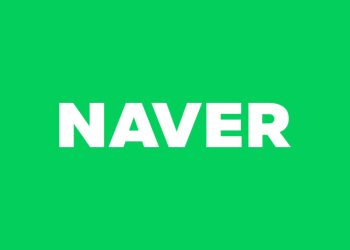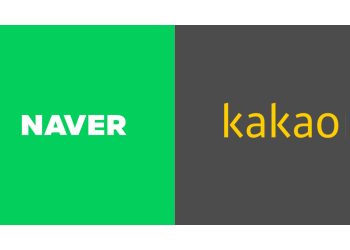Germany’s Delivery Hero (DH) on Friday, signed agreements with South Korea’s top food delivery app owner, Woowa Brothers, acquiring the unicorn startup for $4 billion. The contract reinforces Delivery Hero’s expansion into the fast-growing Asian market and secures its position outside of China as the largest global food delivery platform.
Niklas Östberg founded Delivery Hero in May 2011.
Woowa Brothers’ Baedal Minjok (typically shortened to Baemin) ranks first in the food delivery sector, followed by Delivery Hero’s Yogiyo app. However, the leader sector faces fierce competition from rivals such as Softbank-backed e-commerce firm Coupang located in South Korea.
A spokesman at Woowa Brothers said, “The delivery market has been flooded with gigantic Japan-backed capital and influential online platforms, leading Woowa to factor in partnership as a survival strategy.”
Bong-jin Kim, Woowa Brothers’ founder, and CEO validated the statement. He said, “Cut-throat competition against companies with large [amounts of] capital will eventually lead to co-destruction. So, we decided to partner with Delivery Hero.”
Kim Bong-jin will head the newly formed joint venture ‘Woowa DH Asia’ with Delivery Hero, located in Singapore, to take advantage of the booming food delivery market in Asia.
Delivery Hero will pay $3.48 billion for the 87 percent of the Seoul-based company owned by investors such as Sequoia Capital, Hillhouse Capital, Singapore fund GIC, and Goldman Sachs. The deal values Woowa Brothers at $4 billion. The remaining 13 percent stake, which is valued at $520m and held by Woowa Brothers’ senior management, will be converted into shares of Delivery Hero.
Analysts said, Woowa needs to create a more localized agenda for Delivery Hero and Korean startup to build up prominence and have a chance of success in Southeast Asia.
Jade Lee, an analyst at Euromonitor, commented, “While Woowa Brothers have been expanding in South Korea as a local company with a kitsch marketing strategy which exactly suits South Korean taste, it will be necessary for the firm to have more local views and strategies which suit Southeast Asian consumers.”
However, some critics say that the merger is just the latest in a series of efforts to consolidate the online food delivery industry. The market remains relatively small, meaning that it is easier for large companies to hold a more monopolistic position and to push takeovers.
“Food delivery companies are divvying up the spoils market by market before dinner has even been served,” twitted Alex Webb, an opinion columnist on Bloomberg. “Customers think they can count on the cheap delivery of hot meals directly to their doorstep. The flurry of food-delivery mergers will change that if regulators don’t do something about it.”
On a more positive note, many also see the $4 billion acquisition as a mark that South Korea is ready to enter the upper tier of startup hubs. While often diminished by the size and scope of the Chinese startup market, South Korea has proven over the last few years that it can enter the top-tier of startup hubs.
Danny Crichton, TechCrunch‘s former foreign correspondent in Seoul five years ago, said, “Now, Korea has become a startup target for many international funds, including Goldman Sachs and Sequoia. Altogether, the increased funding has led to a number of unicorn startups — a total of seven according to The Crunchbase Unicorn Leaderboard.”
He added, “For the early investors in Baemin, this was a week to celebrate, perhaps with some fried chicken delivery.”







